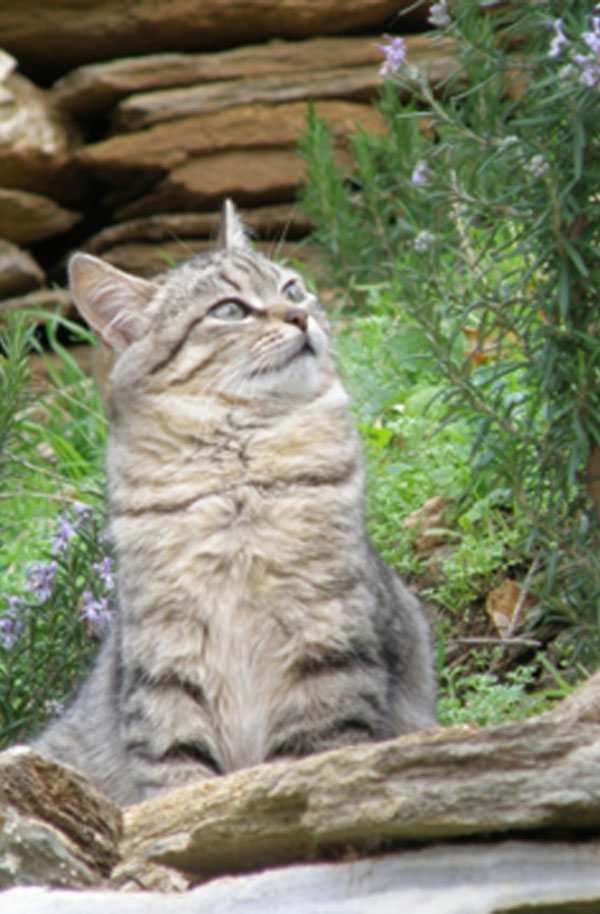Is natural better? Why natural ingredients are not always safe for animals
Many pet owners like to choose products labeled "100% natural." It sounds reliable, healthy and safe. But with dog or cat grooming products, "natural" is not always the best choice - let alone automatically the safest.
As a veterinarian, you increasingly get questions about natural ingredients, essential oils or alternative care. It is then valuable to be able to interpret the difference between what sounds natural and what is actually suitable for animal skin.
Of course ≠ by definition safe
Whether an ingredient is synthetic or from nature says little about safety. Even natural substances can be harmful. Consider:
- Lavender and eucalyptus: not directly toxic, but often irritating to the skin.
- Tea tree oil and citrus oil: are sometimes incorporated into shampoos or sprays, but can be found in cats (and in rare cases in dogs) toxic are.
- Just a few drops of tea tree oil can cause severe poisoning in cats.
The risk lies not only in absorption through the skin, but also in the licking behavior of animals. Certainly cats groom themselves intensively, which makes them more likely to ingest substances orally.
Does it stay on the skin? Then extra caution
With products that are rinsed out, such as shampoos, there is less chance of absorption. But with leave-on products such as sprays, mousses or creams, it is especially important that the ingredients be not only skin-friendly, but also safe when taken orally are.
As a rule of thumb, the longer the product remains on the skin, the more important it is that all ingredients are safe - even with repeated exposure.
What can you do as a veterinarian?
It is valuable to start the conversation with owners when they want to apply self-care products. Briefly explain that "natural" on a package does not automatically mean the product is mild, non-irritating or safe. Help them distinguish between:
- Products proven to be safe for animals
- Substances that are common in humans, but can lead to complaints or intoxications in animals
Clarity about this contributes to prevention of skin complaints, intoxications and therapy confidence.
Conclusion
Natural ingredients certainly have their place within skin care - if chosen carefully and applied correctly. But the label "100% natural" is no guarantee of safety. For animals, the milder the better - but always keeping in mind the species-specific sensitivities of dogs and cats.

